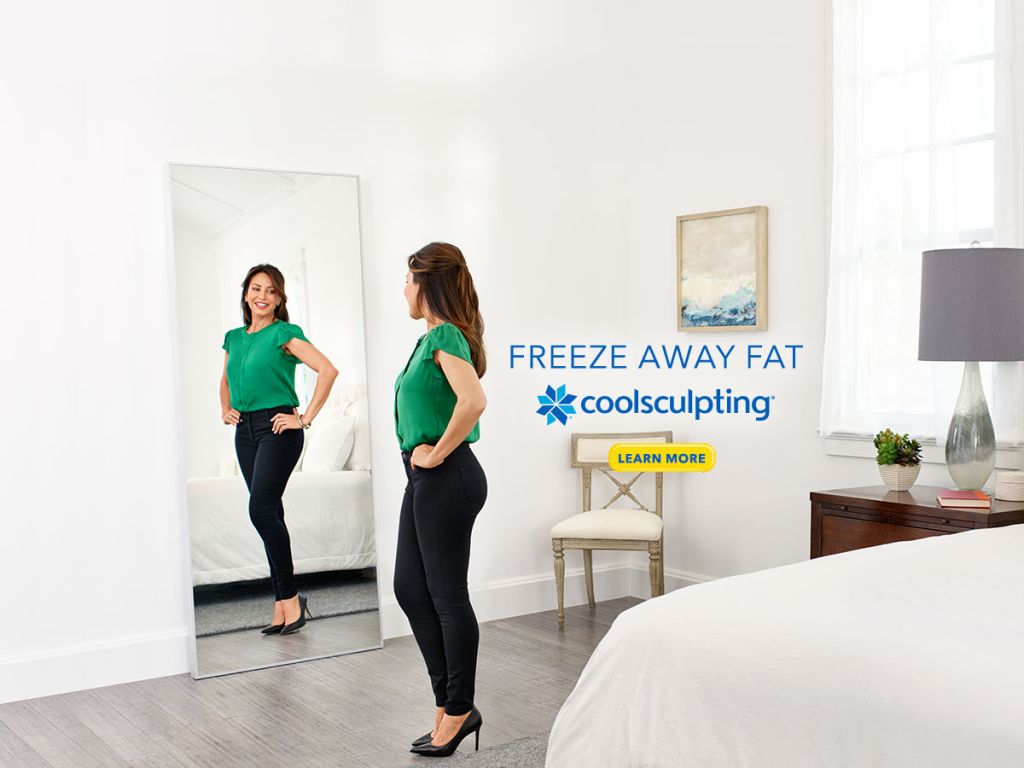 It’s often ingrained into us from a young age that our worth is determined by our size. Whether this language and ideology is spoken to us by our mothers, sisters, or society – it’s prevalent and it evades our overall well-being. Thankfully, women are stepping up and speaking out on the subject, women like Isabel Foxen Duke, who believes our connection to food should be born not out of self-loathing, but from a place of love.
It’s often ingrained into us from a young age that our worth is determined by our size. Whether this language and ideology is spoken to us by our mothers, sisters, or society – it’s prevalent and it evades our overall well-being. Thankfully, women are stepping up and speaking out on the subject, women like Isabel Foxen Duke, who believes our connection to food should be born not out of self-loathing, but from a place of love.
Tell us a bit about your background: I’m unfortunately typical in that I grew up being told in subtle and not-so-subtle ways that my body wasn’t quite good enough. For me, this resulted in constant attempts at weight loss, and a lot of diet-binge cycling, weight cycling, and otherwise disordered behaviors with food. After struggling with food and my weight my entire young adult life, and being diagnosed with binge-eating disorder at the age of 19, I eventually discovered the principles of Health At Every Size, which advocates a non-diet approach to health (sometimes called “Intuitive Eating”) in combination with a body-positive shift in thinking. Adopting body-positivity and letting go of my own body-shame was really what allowed me to let go of diet-mentality (and my subsequent binge-eating) in a sustainable way. I was never able to eat intuitively or like a “normal” eater until I made this critical shift in thinking.
What kinds of stories do you believe women tell themselves about their bodies? How do these stories get perpetuated among our society, and how should we be talking to ourselves, our daughters, our sisters? I think women tell themselves exactly what they’re told by the rest of society: that to be thin is to be loved, is to be respected, and is to create security in one’s life. I think women believe that the thinner they are, the better their lives will be—and the truth is, women aren’t crazy to believe these things; when you think about how many messages we receive every single day confirming these beliefs (from the media, from our peers, etc.), it’s a miracle that any women escape it.
Tell us about your “aha” moment in relation to dieting, and what was your most difficult addiction to break? Dieting itself was the most difficult addiction I ever had to break. With a multi-billion dollar industry dead set on convincing me that diets work (and that they’ll make me the most loved, healthiest, well-respected version of myself I could possibly be), they’re pretty difficult to let go of. It takes a lot of strength to take a counter-cultural stance of any kind, and as a woman, not dieting is about the most radical, counter-cultural thing you can do. The only way I was able to let go of dieting was through experiencing so many repeated failures, resulting in such horrific physical and mental health, that I became open to the idea that perhaps it wasn’t me– perhaps I was being setup to fail. As it turns out, there’s a lot of clinical evidence to support the idea that yes, I was setup to fail.
Is there a science-based reason why diets don’t work? There are a lot of scientific theories as to why diets don’t work, none of which are fully substantiated or understood. Perhaps evolutionary biology? Perhaps shifting environmental factors? Perhaps psychological factors? Perhaps something else entirely? We don’t really know. What we do know is that in the history of weight-loss research, there has never been a clinical study wherein more than 10% of participants were able to sustain substantial weight loss for more than five years (and those numbers are generous— in most studies, it’s really more like 5% and 3 years). So irrespective of the reasons why diets don’t work, the fact remains that, at the moment, we don’t know how to make people permanently thinner than their natural constitutions (which are different for everyone), and trying often comes with a long list of side effects—like disordered eating, stress and anxiety, and perhaps most often discussed: weight-cycling up and down, which may be more harmful to the body than fat itself, and often leads to long-term weight-gain.
Where does our relationship to healthy eating begin to do more harm than good? I think if trying to eat healthfully is creating stress and anxiety in your life, or substantially detracting from your social life, you’re already back-peddling from a health perspective. It’s pretty well documented that stress is one of the greatest contributors to poor health and disease, and sustaining meaningful social ties is one of the best things you can do for your health, so if trying to avoid certain foods, or get in six workouts a week is prohibiting you from managing those parts of your lives, you might want to re-evaluate your relationship with “health.”
From a purely personal standpoint, I will also say that if your relationship with food is emotionally distressing (e.g. your self-esteem plummets when you “fall of the wagon,” or you get anxious when you eat the “wrong” food), you have to wonder if your mental health isn’t worth reconsidering your priorities. Being able to sit down and have a piece of chocolate cake without hating yourself or getting anxious about how to “make up for it later” is critical for your general sanity— and if you don’t have your mental health and happiness, what’s the point really?
How can we best approach a more healthy lifestyle with less self-condemnation and pressure? First off, I think we need to start separating health and weight in the cultural zeitgeist, because despite an enormous amount of diet-industry propaganda trying to convince us that they’re one in the same, they’re really not. Health and weight are complicated metrics, and while there is some correlation between them, it’s not a straight line, and focusing on dieting as a solution to either is not only ineffective, but detracts people’s attention from developing sustainable, healthful behaviors in the long-run.
Additionally, we need to start having deeper conversations about weight-discrimination and the non-health related pressures people feel to become thin. Until these conversations are had on a mainstream scale, nothing will change.
What is intuitive eating? Intuitive Eating is, essentially, the process of listening to your biological hunger signals for cues about what to eat, rather than an externally prescribed diet. Note: physical hunger and emotional hunger are two different things.
How do you help your clients, and what has it given to you in return? I help my clients escape a life ruled by diet-binge cycling, and related emotional dependencies on food (including emotional eating).
I think I’m supposed to say it’s given me the gift of giving back (which it certainly has), but perhaps more importantly, it’s taught me what it’s going to take to change the cultural conversation around food and weight more broadly. All day long I work with women to dismantle the fears and assumptions that hold them in the diet-binge cycle–these are the same fears and assumptions that need to be addressed on a broad scale if we want to change the culture at large.
How do you motivate women to feel different about their eating habits and their self-impression? Trust me, they’re pretty motivated when they arrive at my website! The women who come to me are usually desperate for change, after spending years being tortured by poor body image and a dysfunctional relationship with food. I don’t believe motivation is anyone’s problem when it comes to weight or eating. That’s the diet-industry propaganda—that our food problems are for lack of will-power and if we just “worked harder” something would stick. I call bullshit.
Any additional resources or tools on the subject? My free video training series! Which you can get at www.stopfightingfood.com. I also have an e-guide to overcoming diet-binge cycling on my blog at www.isabelfoxenduke.com.









